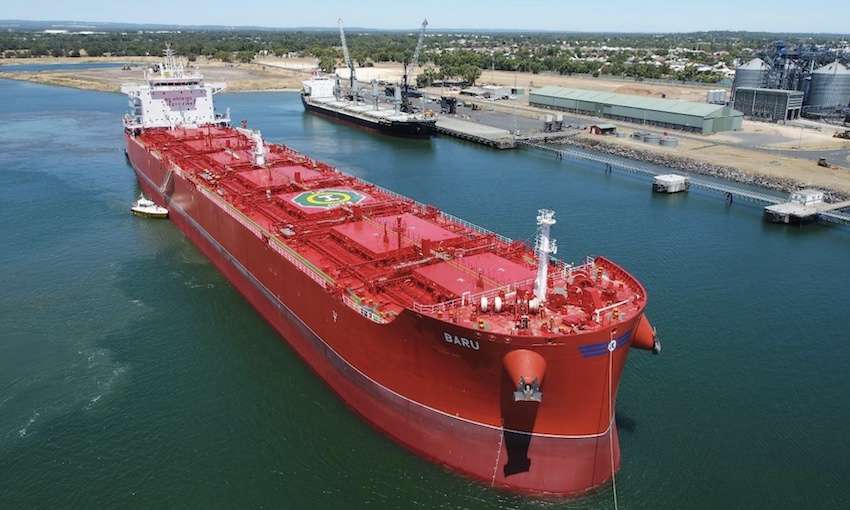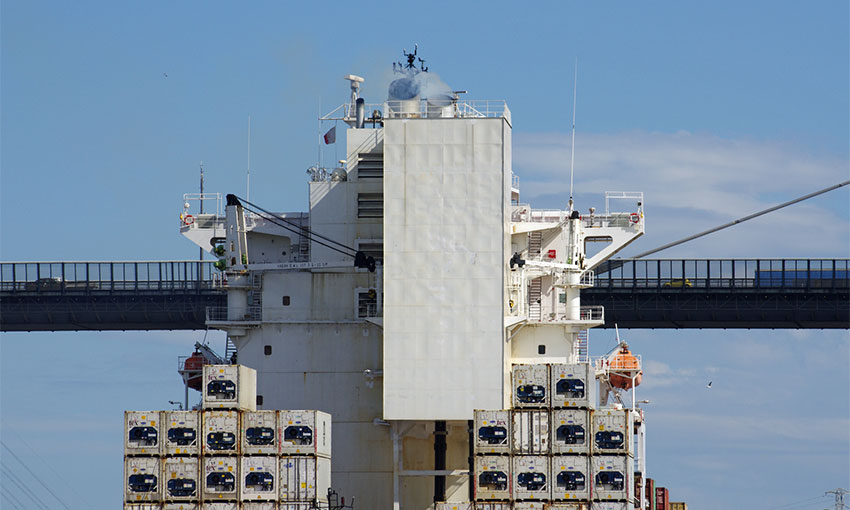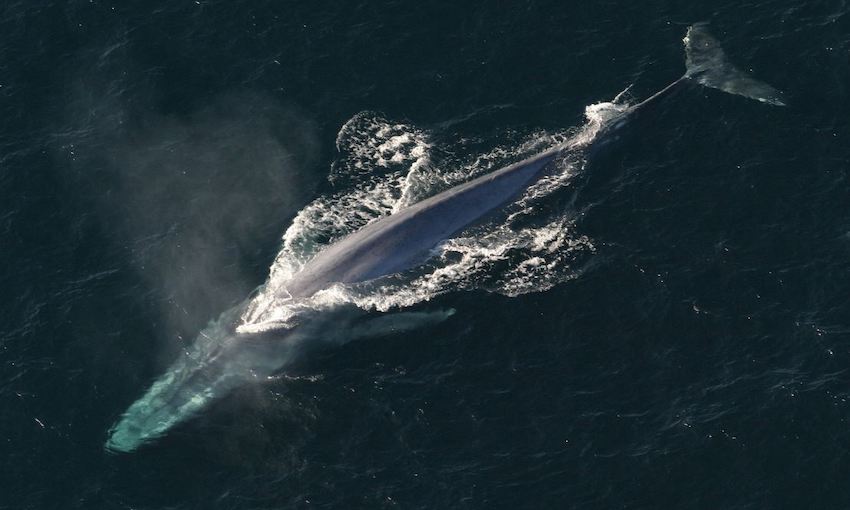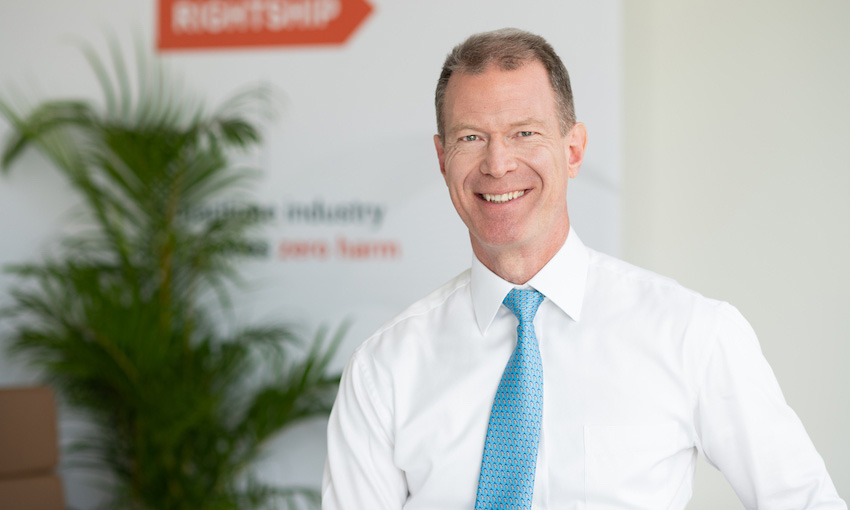NORWEGIAN combination ocean carrier KCC and South32 have concluded the first sustainability linked contract of affreightment. The six-year agreement, for shipments of caustic soda to South32’s Worsley Alumina refinery in Western Australia, establishes a framework to deliver further reductions in carbon emissions associated with South32’s caustic soda ocean freight.
KCC owns and operates nine CABU and eight CLEANBU combination carriers. Through their high utilisation and efficiency, the vessels emit up to 40% less CO2 per transported tonne compared to standard tanker and dry bulk vessels in current and targeted combination trading patterns.
The agreed sustainability framework includes detailed CO2 emission reporting and the establishing of trajectories for annual CO2 reductions targets, and arrangements for how to co-operate to reach the set targets. It further includes an ambition to jointly establish a pathway towards future zero emission freight.
Klaveness/KCC have serviced Worsley Alumina with four generations of combination carriers on a continued basis for more than 30 years.
KCC’s CEO Engebret Dahm said, “This contract marks another important milestone in the longstanding relationship between South32 and KCC. In this next era of our relationship, together we will address the main challenge of our generation – climate change.
“We have jointly set ambitions to considerably reduce shipping carbon emissions through building on KCC’s low carbon caustic soda shipping solution, which already today provides South32 with a 30-40% lower carbon footprint than competing tanker vessels.”
South32 chief human resources and commercial officer, Brendan Harris, said, “We are pleased to continue our relationship with KCC and our joint efforts to reduce greenhouse gas emissions in the maritime supply chain. It’s partnerships like these that contribute to the decarbonisation of our value chain and promote the responsible production of commodities needed in a low-carbon world.
“At South32, we are committed to achieving net zero operational carbon emissions by 2050 and have set a medium-term target to halve these emissions by 2035.”





